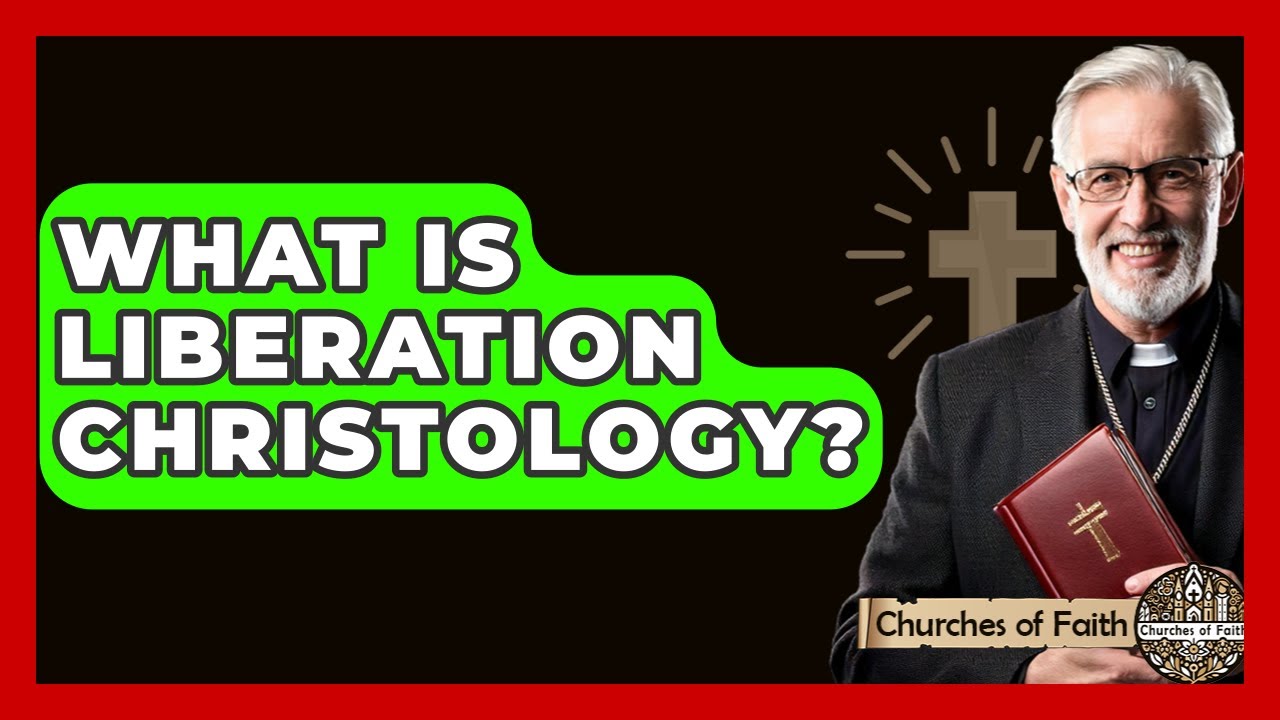Liberation Christology, a theological approach that views Jesus’ ministry as a movement to free the oppressed [00:12] emphasizes the intersection of faith and social justice, urging believers to advocate for the marginalized.
Identifying with the Oppressed
Liberation Christology identifies with the oppressed, viewing Jesus’ ministry as a call to action against social injustices and economic disparities. It encourages believers to advocate for the poor and downtrodden [00:30].
Understanding Scripture Through the Marginalized
This theology posits that the true meaning of the Bible is best understood through the experiences of the marginalized. The voices of the oppressed are crucial for comprehending Jesus’ teachings [00:58].
Active Social Change
Liberation Christology encourages active participation in changing societal structures that perpetuate inequality. It advocates for political and civic engagement to address the root causes of oppression [01:14].
Historical Roots
Emerging in the late 20th century, particularly in Latin America, Liberation Theology responded to the socioeconomic conditions faced by the poor. It was influenced by the Second Vatican Council and the Medellín Conference of 1968 [01:30]. Key figures include Gustavo Gutierrez and James Cone [01:58].
Practical Applications for Churches
- Community Engagement: Churches can engage in projects that address immediate needs like food, shelter, and healthcare for the poor [02:24].
- Social Justice Advocacy: Congregations can challenge unjust systems and policies affecting marginalized communities [02:37].
- Bible Studies: Focusing on the perspective of the oppressed can highlight Jesus’ teachings on justice and compassion, inspiring believers to promote social change [02:44].
A Call to Action
Liberation Christology provides a framework for churches to understand and address social injustices through faith. It challenges congregations to become active agents of change by advocating for the rights of the poor and marginalized [03:04].

Leave a Reply